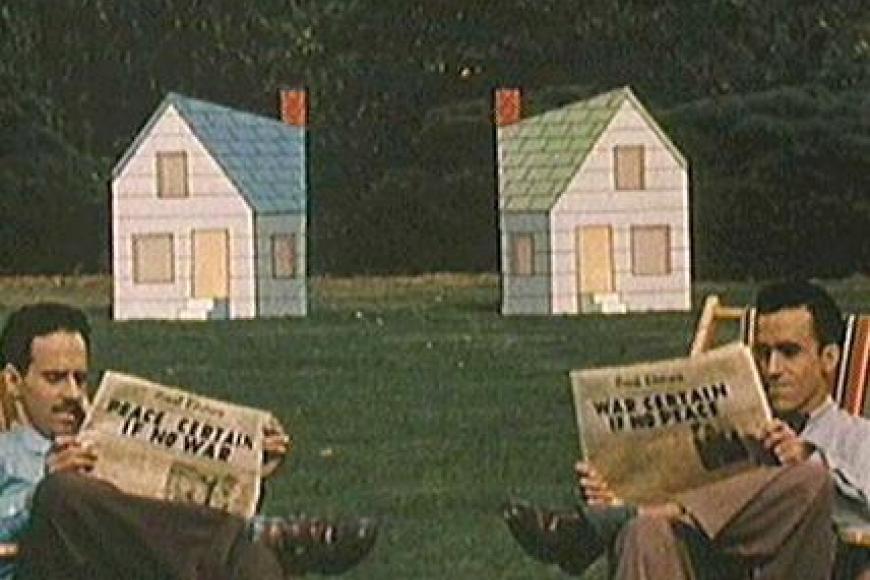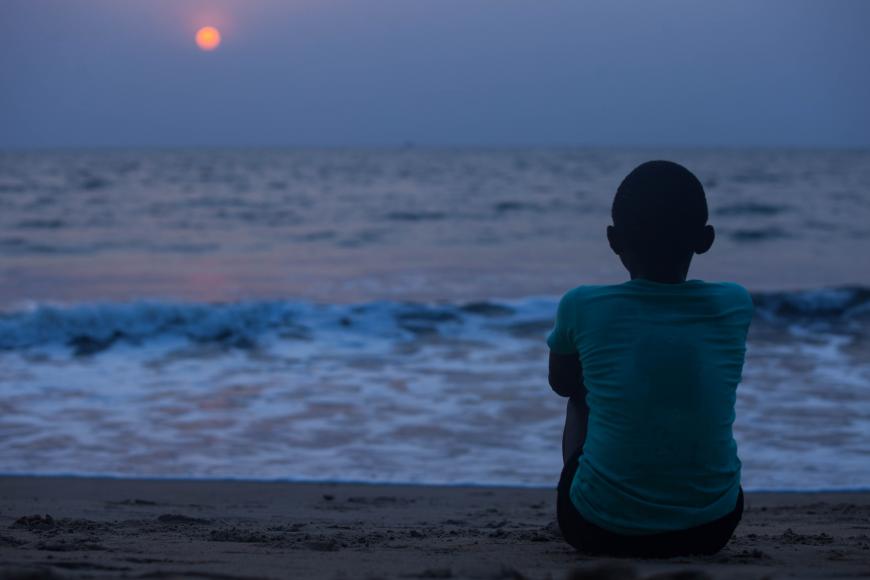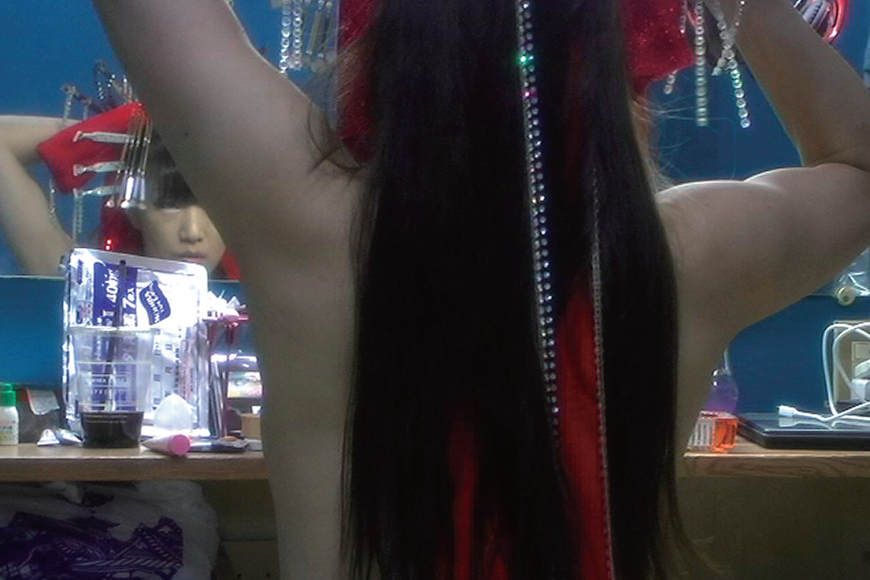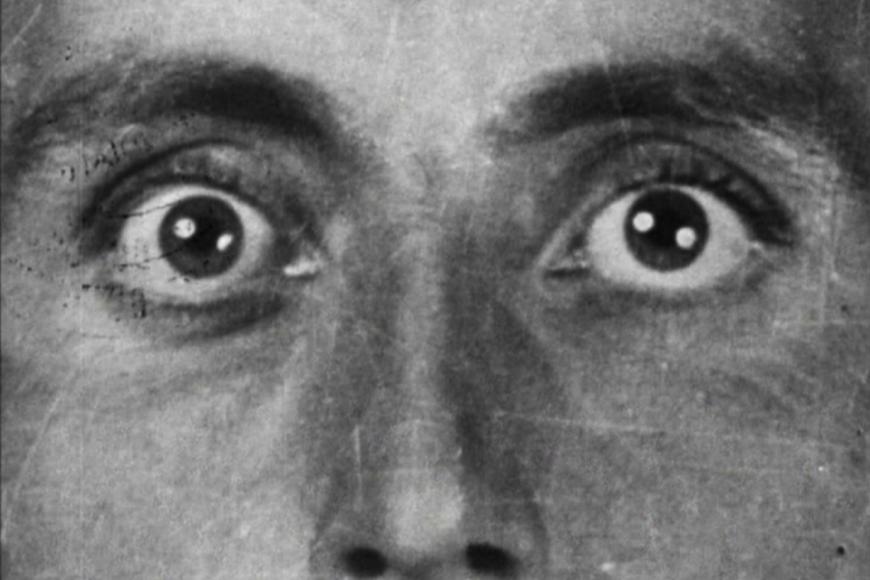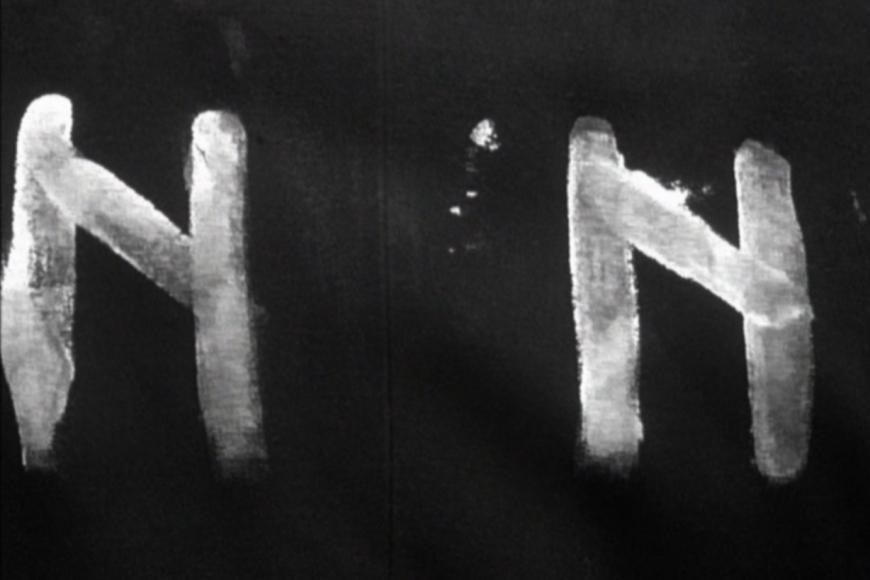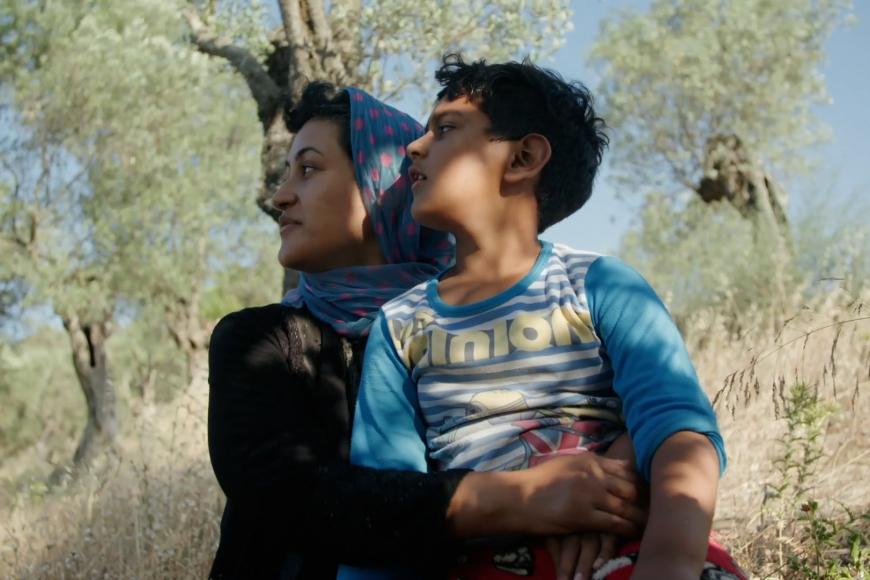
Nasim
For eight months, Ole Jacobs’s and Arne Büttner’s film team followed the Afghan Nasim and her family in the Moria refugee camp on the Greek island of Lesbos, where at times 20,000 people had to live in a space designed for less than 3,000 people. This documentary observation shows with great empathy the daily life of the mother of two who time and again manages to deal impressively with the challenges of this unacceptable and extreme situation.

